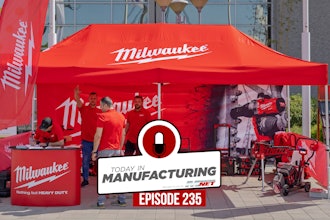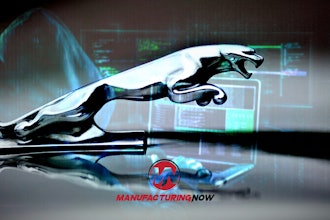Toyota announced it intends to spend north of $13.5 billion dollars on the development of batteries and its battery supply system by the year 2030.
The world's largest automaker by volume made strides in hybrid gasoline-electric vehicles with its Prius, and now, Toyota is pushing for an all-electric model for next year.
Toyota also wants to decrease its batteries’ cost by at least 30%. To accomplish this, it will work on the materials used and how the cells are structured.
Chief Technology Officer Masahiko Maeda added that the company wants a 30% improvement in power consumption, which would begin with the Toyota bZ4X, an upcoming compact SUV.
According to Reuters, Toyota leads the race to manufacture solid-state batteries, the replacement for liquid lithium-ion batteries. The change offers a solution that is more energy-dense, charges faster and doesn’t possess as high of a risk of catching fire.
Maeda said Toyota is keeping its plan to start making solid-state batteries by the mid-2020s, although the cells’ brief service life is posing problems. In addition to their high cost, batteries in a solid state are also known to crack during expansion and contraction.
As Toyota pushes for an all-electric model for next year, it's worth remembering the company’s public stance on strict emission limits and electric vehicle initiatives. Toyota said a quick transition to electric vehicles from gas ones was unrealistic; rather, it believes hybrids, such as the Prius, should still play a role.
Critics dismissed the lobbying, and described it as a way for Toyota to protect its bottom line after the company invested in unfavorable technologies, such as hydrogen fuel cell vehicles.






















